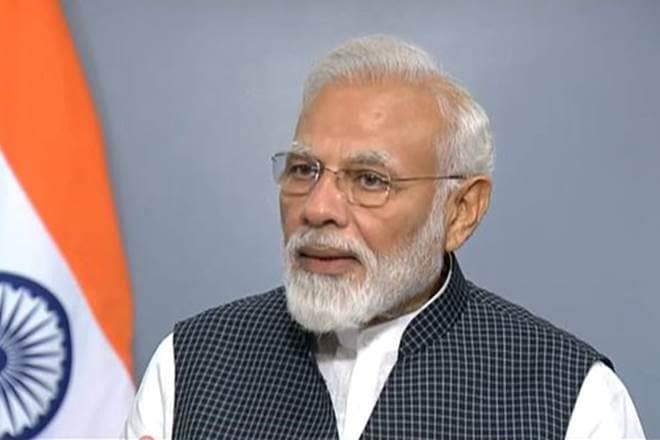Article 370: A day after revoking the special status of Jammu & Kashmir under Article 370, Prime Minister Narendra Modi Thursday assured the people in the region about political freedom, prosperity, and ease of living. You will elect your MLAs like earlier, they will be elected from amongst the local people, you will have your council of ministers and your chief minister as earlier, said the Prime Minister in a special television broadcast to the nation.
“I would like to further clarify an important issue to the people of Jammu & Kashmir. Your representative will be elected from the state, they will be from amongst you. You people will elect your MLAs as earlier, there will be a council of ministers as earlier and you will have your chief minister as earlier,” he said.
He also assured the people of Jammu & Kashmir that the Union government may restore the full statehood to Jammu & Kashmir if the situation returns to normalcy.
“I don’t think that there will be a need to keep Jammu & Kashmir as union territory forever,” said Prime Minister Modi.
But he clarified that Ladakh will remain a Union territory. Security of Ladakh has been a cause of concern for the government due to its strategic location at China border. China is already in occupation of large tracts of Indian territory in northern Ladakh and also claims more area in the region and also the entire state of Arunachal Pradesh.
Kashmiris to have political freedom
Talking about the benefits of the revocation of special status of Jammu & Kashmir under Article 370 of the Constitution, Prime Minister said it deprived the state of the benefits of the laws passed by Parliament.
Under the earlier provision, Parliament’s legislative powers over Jammu & Kashmir were limited only defence, communication and external affairs. And other laws passed by it could only be extended to Jammu & Kashmir with the approval of state assembly.
ALSO READ: Few backers in Congress for Rahul Gandhi’s take on Article 370, division of Jammu & Kashmir
Prime Minister said Parliament enacted laws after due consultation and deliberation but the people of Jammu & Kashmir did not benefit from them due to Article 370.
“Parliament passed Right to Education law but children of Jammu & Kashmir did not have the right to education unlike other states. Similarly, Parliament passed Safai Karmchari Act but it was not applicable on J&K. Minority Act is there to protect the interest of minorities but it was not applicable to Jammu & Kashmir,” said the Prime Minister.
Prime Minister Modi also blamed Article 370 for the sustenance of dynasty politics in the state that restricted the growth leadership skills among ordinary youth despite their talent.
“It’s my personal experience that those people who have been elected as local representatives have performed extremely well, be it the issue of electrification or ODF, particularly the women representatives performed very well,” he said.
“Young and energetic people will be elected as MLAs, you will have new chief minister,” said Prime Minister Modi while hinting at his government’s intention to hold election in Jammu & Kashmir as soon as normalcy returns to the region.
ALSO READ: Jammu & Kashmir Reorganisation Bill: Amit Shah’s master stroke to transform the state’s politics
Integration will lead to prosperity
Prime Minister said Kashmiri youth have knowledge of English language and they can take advantage of digital revolution in the country.
“When there will be more BPOs and Common Service Centres in Jammu & Kashmir, it will lead to a digital revolution,” he said.
Prime Minister Modi also talked about the strong business potential of natural and herbal resources of Jammu & Kashmir like Kashmiri Kesar or Jafran and its demand in the world market.
He also talked about the immense potential for producing solar power in the newly created Union territory of Ladakh and how these things will lead to the prosperity of the people in the region.
ALSO READ: Article 370: How Amit Shah managed to outmanoeuver the opposition


